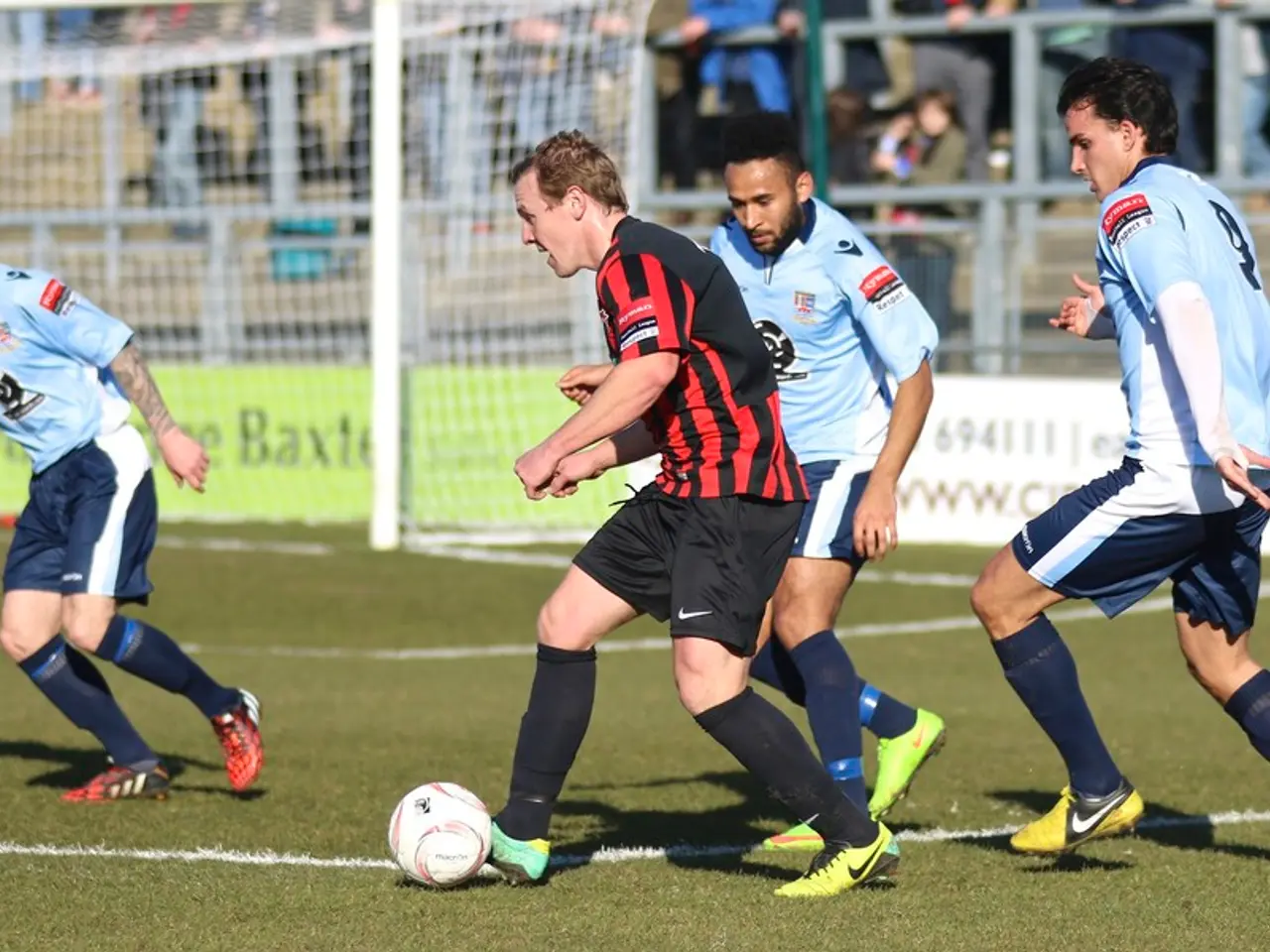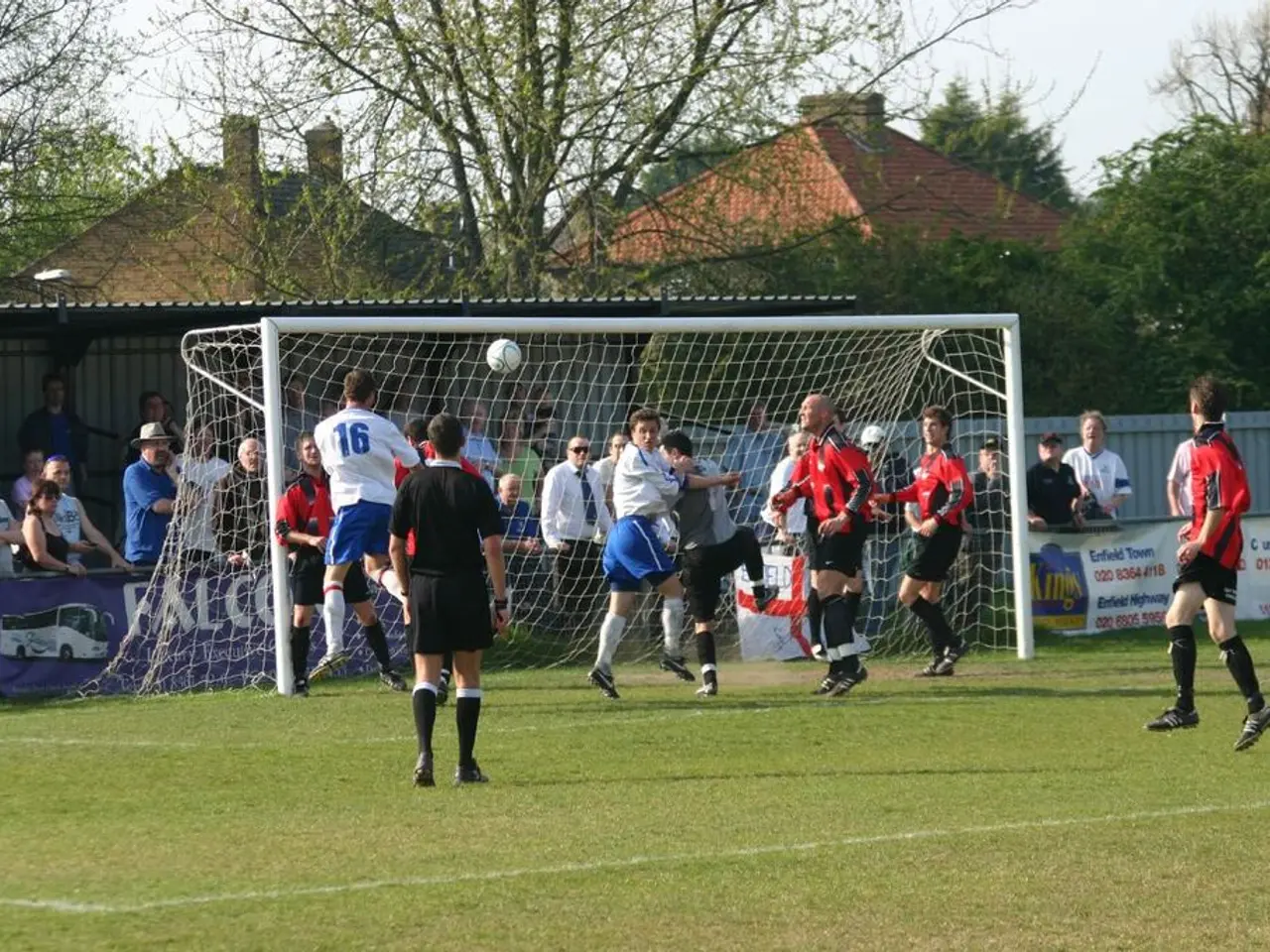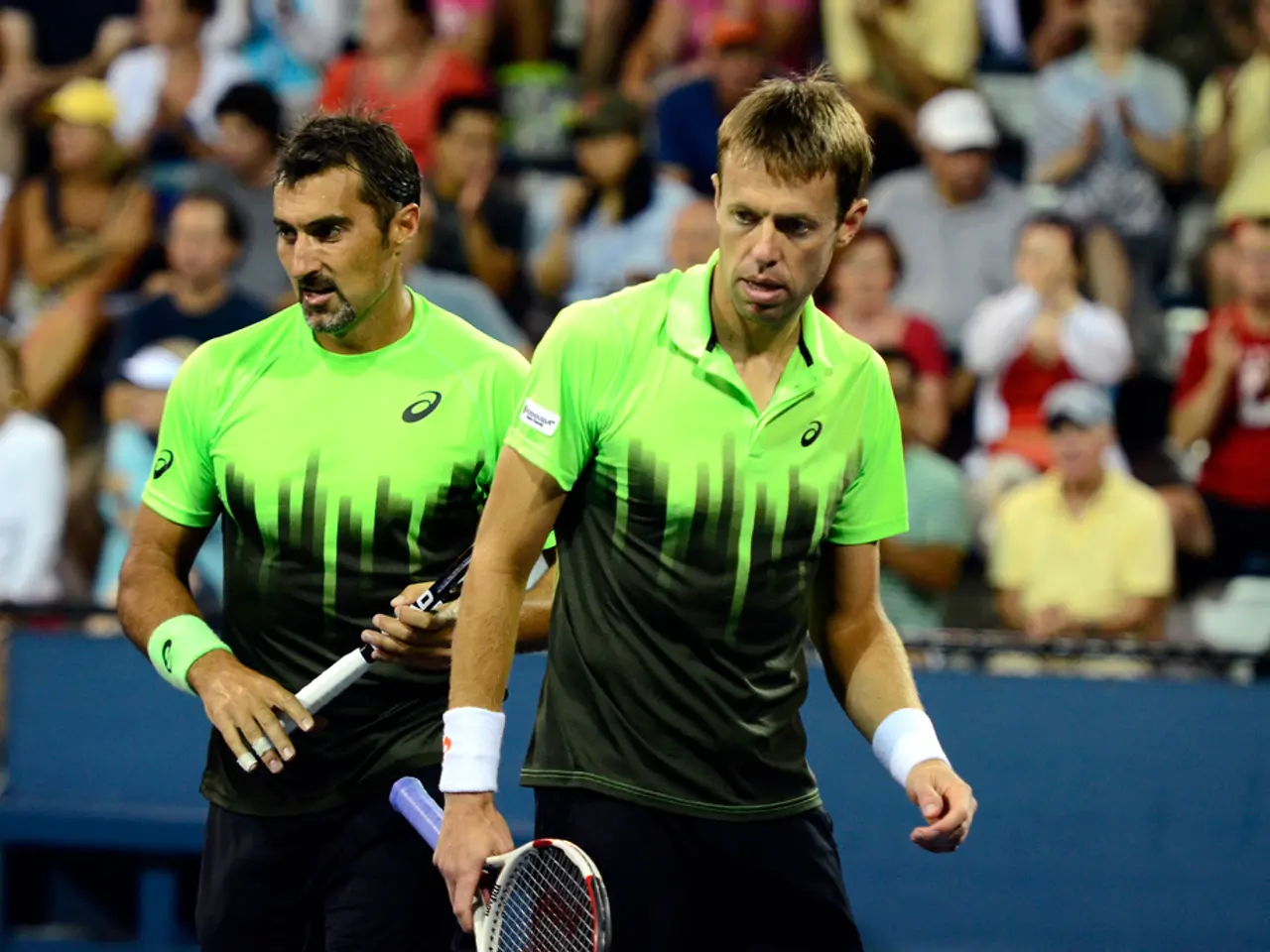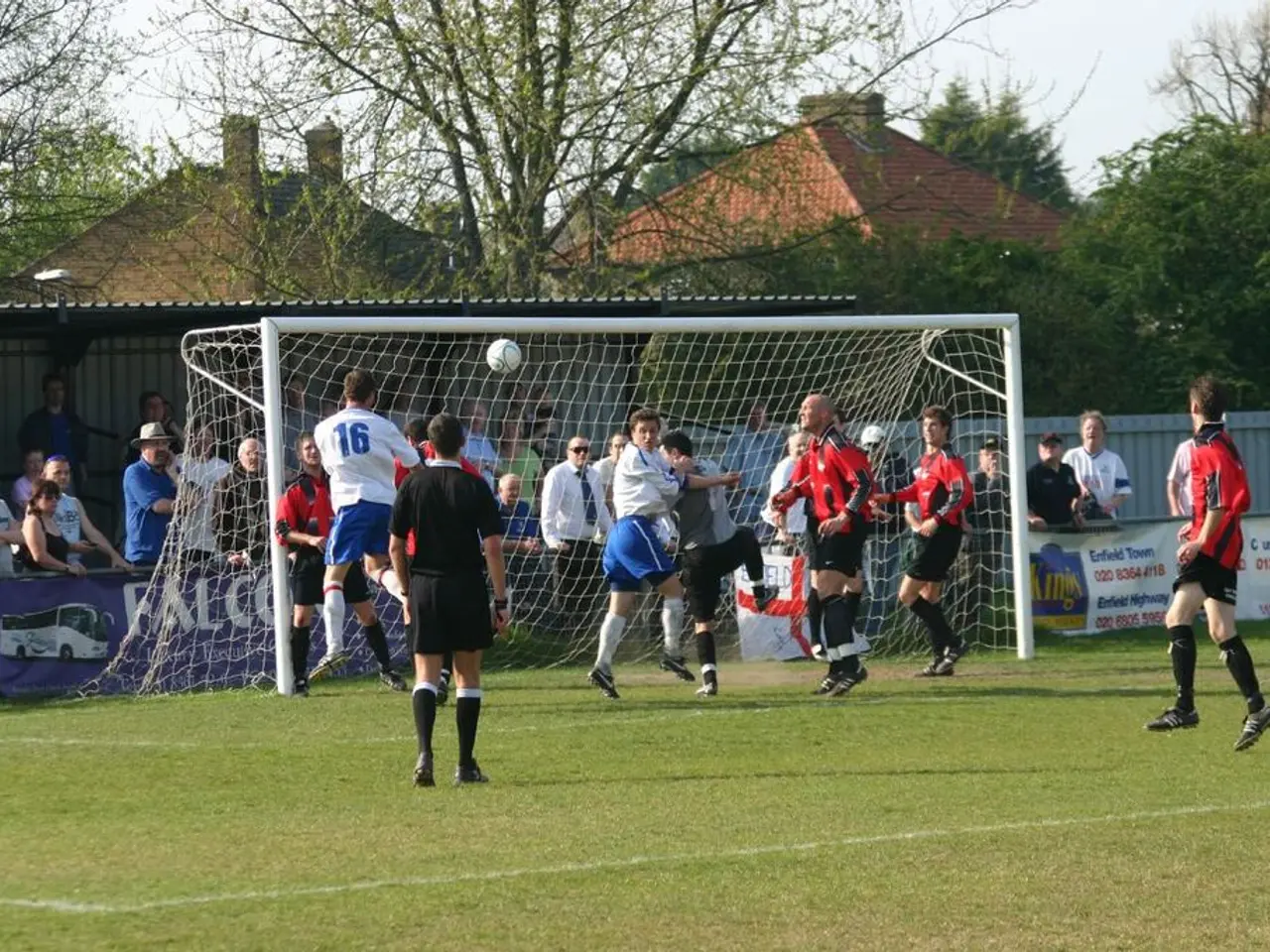Cycling teams participating in the Tour de France are in search of fresh sponsors, sparking concerns about potential financial collapse within the sport. Is cycling on the verge of bankruptcy due to budgetary constraints?
In the world of professional cycling, a growing number of big worldwide companies are expressing interest, but securing long-term sponsorship deals remains a significant challenge. According to Dominique Serieys, the general manager of Decathlon AG2R La Mondiale, and Luca Guercilena, the general manager of Lidl-Trek, some companies have already maximized their investment in cycling.
The concentration of sponsorship power and a competitive environment where fewer companies are willing or able to invest large sums into cycling teams are contributing factors to this issue. Teams often feel pressured to accept substantial offers from less desirable sponsors due to limited alternatives. This market dynamic creates difficulties for new or smaller teams to attract and retain sponsors.
The impact on financial sustainability is serious. Without steady and lucrative sponsorship deals, teams face uncertain budgets, which can limit rider development, staff employment, and participation in major races. It also affects the overall health of the sport, as fewer sponsors mean less investment in event organization, promotion, and infrastructure.
Despite these challenges, there are some positive cases. The partnership between DECATHLON and CMA CGM is an example of renewed or expanded sponsor involvement, setting an example for long-term financial commitments to teams. However, such partnerships are still relatively rare, highlighting the challenge of securing stable funding to maintain competitive cycling teams.
The Tour de France, with 38 sponsors and a collective annual budget of more than €600m, is a testament to the sport's popularity and potential for sponsorship. However, the top teams in cycling are surpassing other sports in terms of budget demands, potentially leading businesses to look at other sports for sponsorship. Jayco-AlUla general manager Brent Copeland expresses concern that the sport's unquenchable thirst for growth could lead to its own collapse.
Many teams are struggling to find new sponsors, with Ineos Grenadiers continuing to search for additional funds, Arkéa-B&B Hotels likely to close operations at the end of the season, and Alpecin-Deceuninck, the team of Mathieu van der Poel, unable to find a replacement for the exiting Deceunick. Intermarché-Wanty and Lotto are set to merge, leaving around 30 riders and dozens of staff unemployed.
Attempts to reform the sport's economic model and calendar continue apace. The UCI, the sport's governors, are currently exploring the possibility of implementing a budget cap. The total revenue of WorldTour teams increased by 32% or €120m from 2021 to 2024, according to Escape Collective's deep-dive. However, 15 of the teams are currently searching for new title sponsors, indicating that the financial challenges are far from over.
Despite the difficulties, there is hope on the horizon. Tudor Pro Cycling, a new team founded by Fabian Cancellara, aims to become a WorldTour team by 2028. Raphael Meyer, the manager of Tudor Pro Cycling, highlights the role of team managers in driving up the costs of running a team by hiring bigger riders. However, this trend also creates opportunities for new and smaller teams to make a name for themselves and attract sponsors.
In summary, the current sponsorship environment poses a significant challenge to the sport’s financial sustainability and growth. The concentration of sponsorship power and economic/strategic hesitancy among brands are causing financial instability for teams, risking their competitive future and development. However, partnerships like DECATHLON’s and CMA CGM’s are encouraging, showing that renewed or expanded sponsor involvement can set an example for long-term financial commitments to teams. The sport must continue to adapt and evolve to meet the changing sponsorship landscape and ensure its long-term success.
[1] Source: https://www.velonews.com/news/racing/pro-cycling-teams-struggling-to-find-sponsors/
[5] Source: https://www.cyclingnews.com/features/decathlon-cm-cgm-partnership-sets-example-for-long-term-financial-commitments-to-teams/
The competition for sponsorship in sports, such as cycling, is fierce, with some companies reaching their investment capacity, leaving fewer companies available to fund teams. This scarcity of investors contributes to the pressure felt by teams to accept offers from less favorable sponsors due to limited alternatives.
The lack of stable sponsorship impact’s the financial sustainability of cycling teams, affecting aspects like rider development, staff employment, and participation in major races. This, in turn, can affect the entire sport, reducing investment in event organization, promotion, and infrastructure.





